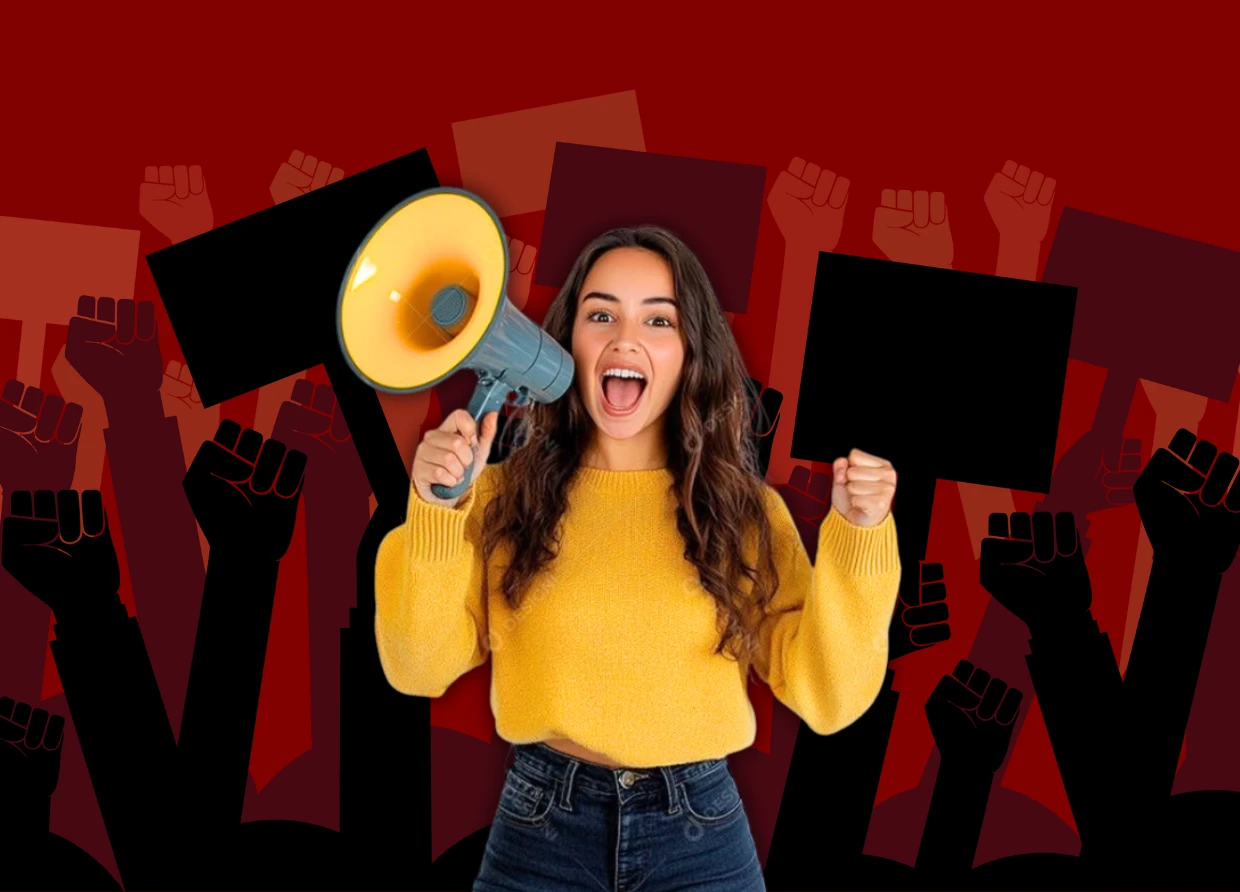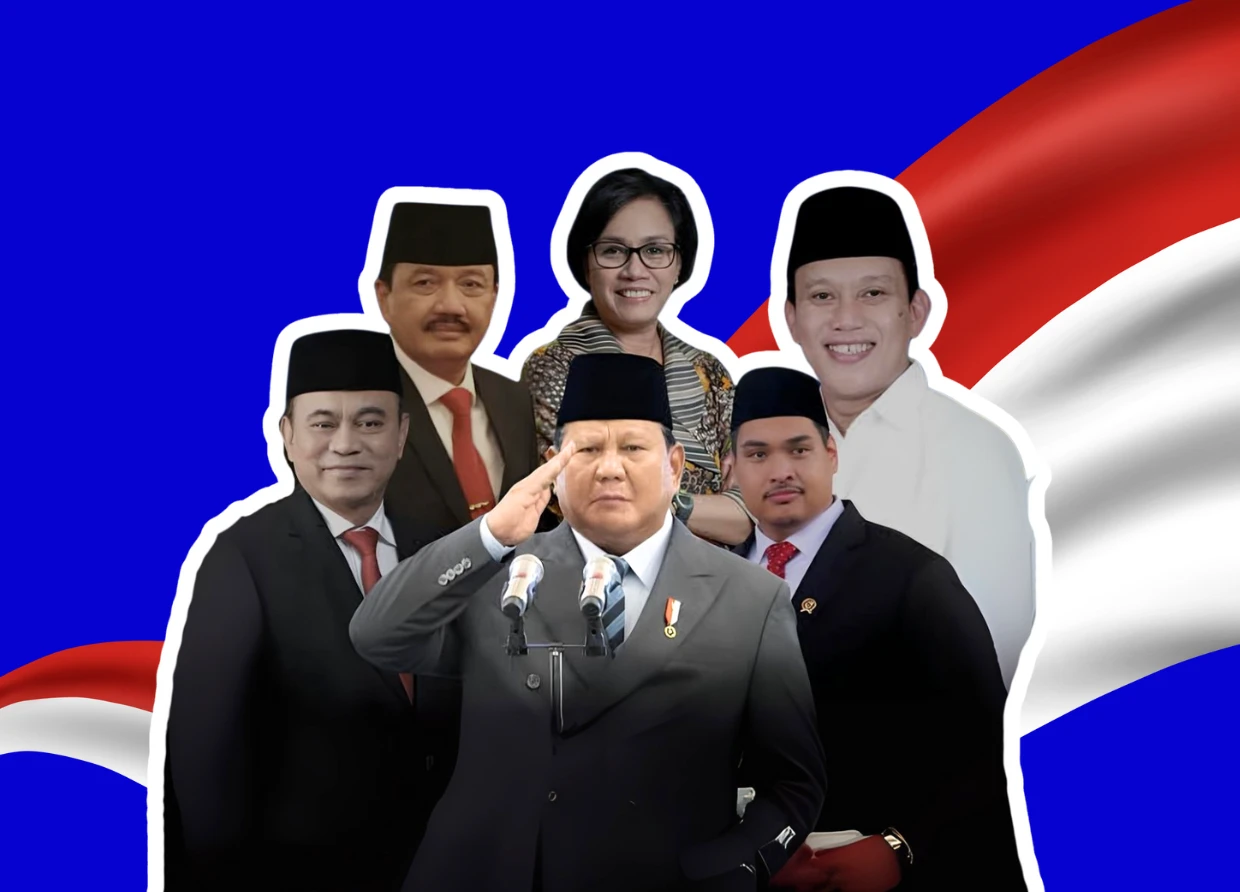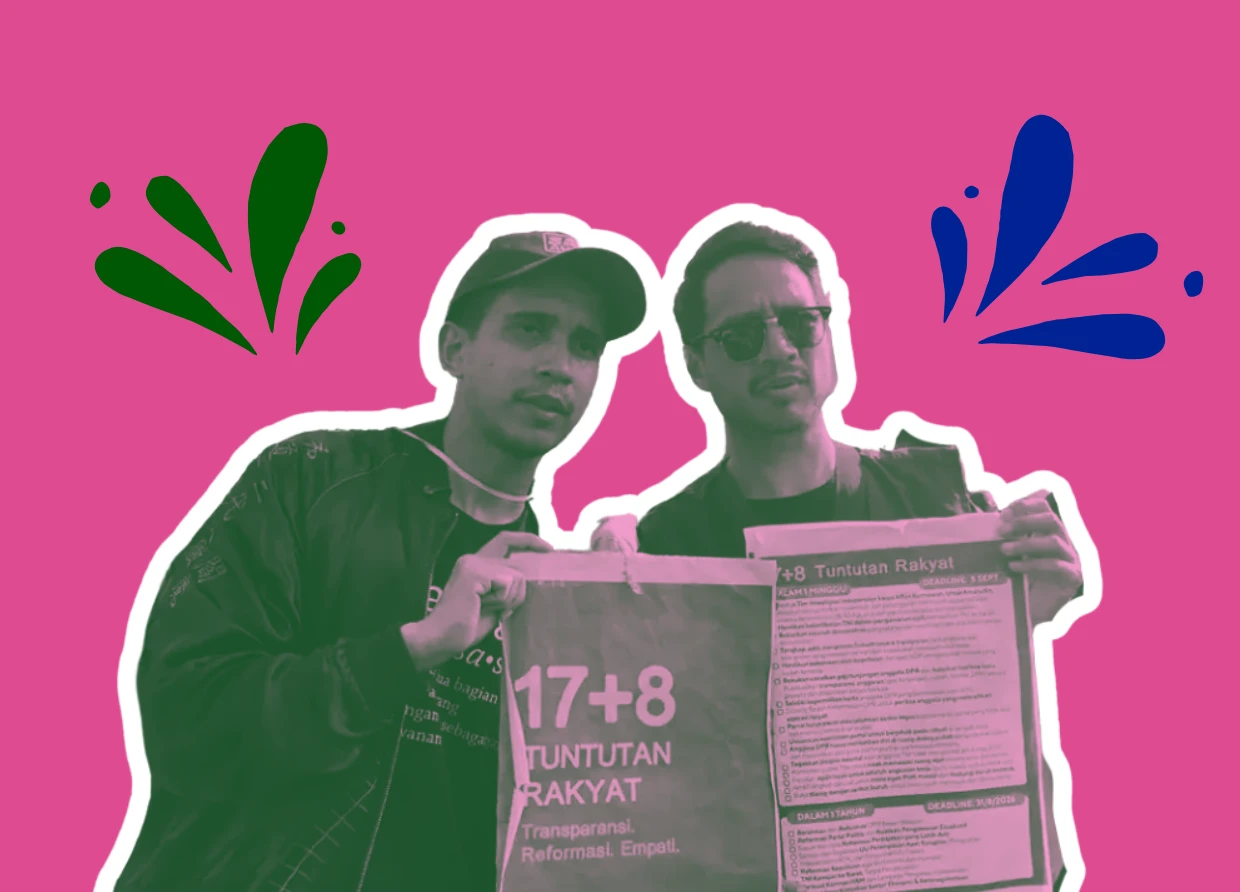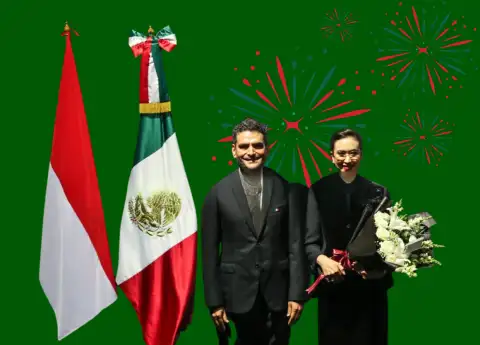THINK PROTESTING IS ILLEGAL? HERE’S WHAT THE LAW ACTUALLY SAYS
Freedom of speech in Indonesia is a constitutional right—but not all demonstrations are created equal. Find out which protests are protected and which could land you in trouble.

When people take to the streets with posters and chants, the big question always pops up: “Is this even legal?” The answer is: yes—and no.
The 1945 Constitution guarantees every citizen’s right to express opinions (Article 28E, for the curious). That’s the highest law in the land, meaning the state officially recognizes your right to speak up, whether through writing, marching, or shouting in public. In fact, Law No. 9 of 1998 spells it out clearly: demonstrations, rallies, public meetings, and even open-air “free speech stages” are valid forms of expression.
But before you grab a megaphone and hit the streets, know this: not every demo is allowed.
Where You Can’t Protest
There’s a long list of no-go zones: presidential palaces, military bases, airports, train stations, hospitals, houses of worship, and other “vital national objects.” The logic? Public safety. Imagine trying to stage a protest in the middle of an ER or on an airport runway. Not happening.
The Fine Print You Shouldn’t Ignore
Protests must follow strict rules. Organizers are legally required to notify the police at least 3x24 hours before the event. The letter must include the purpose, location, time, route, number of participants, and even the props used. Forget this step, and your demo could be shut down on the spot.
Time also matters. Outdoor protests are only allowed between 6 AM and 6 PM, while indoor ones can stretch until 10 PM. And no—bringing explosives or anything that can harm others isn’t just a bad idea, it’s flat-out illegal.
Demos That Cross the Line
Protests that incite hatred, spread hostility, or insult religious groups? Illegal. Rallies that encourage violence against authorities or push people to break the law? Also illegal. Basically, freedom of expression doesn’t mean freedom to cause chaos.
Spotting Provocations Online
Not every protest call you see on social media is genuine. Some are designed to provoke riots or even entrap participants. Be cautious if you see posters with these red flags:
- Overheated buzzwords like “sampai menang” or “serang balik” that push for aggression.
- No clear affiliation with student organizations or other legitimate groups.
- Messy design: headers and body text in the same font, hard-to-read text, or fonts that look like those from pirated games at Mangga Dua.
- A listed phone number that, when checked on GetContact, shows up as suspicious—or oddly linked to law enforcement.
- A bright red color palette, while official movement accounts are currently leaning toward pink and green.
When in doubt, double-check before sharing or showing up.
What Happens If Your Rights Are Blocked
Here’s something most people don’t know: if someone tries to stop you from peacefully demonstrating after you’ve followed all the legal steps, they could face jail time—up to one year in prison. The law protects not only your voice but also your right to be heard.
So yes, you can protest. It’s your right. But it comes with boundaries, paperwork, and responsibilities. Think of it less as “free-for-all” and more as “freedom with rules.”
Curious to know if that protest trending on your feed was actually legal? Now you’ve got the checklist.
#THE S MEDIA #Media Milenial #freedom of speech #youth activism #Indonesian law #protest rights #UUD 1945 #demonstrations #civic education #youth politics


























